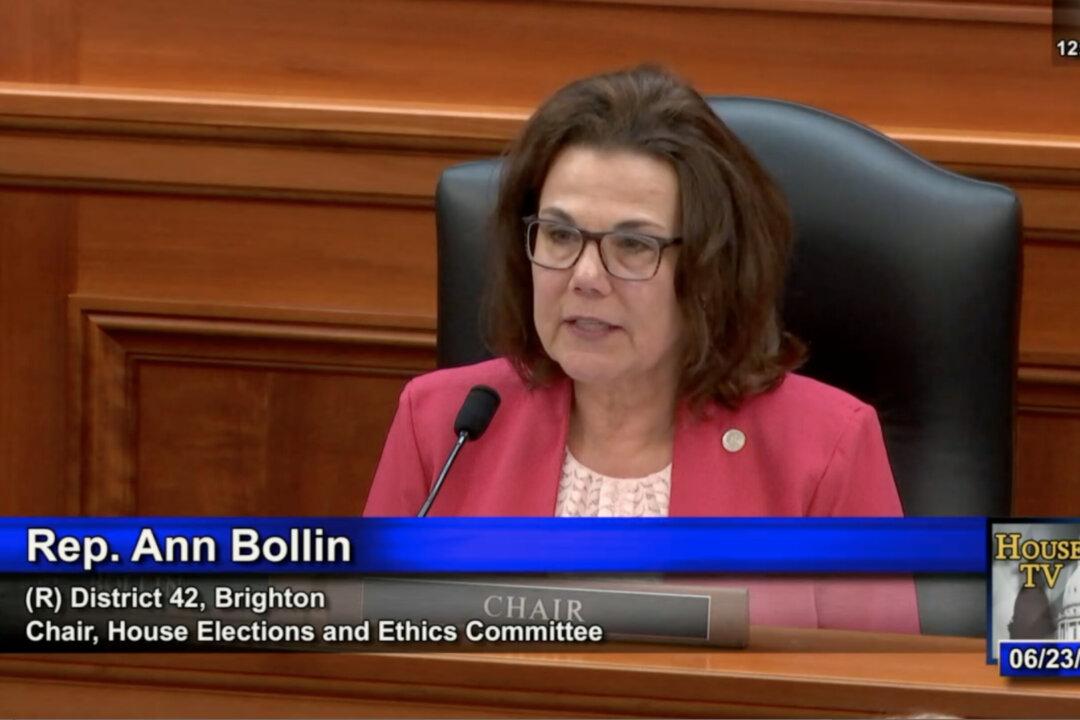The Michigan House of Representatives adopted bills that would improve photo ID verifications and provide more transparency to the elections process. All Michigan citizens would have access to free state photo IDs across the state. Every eligible voter would be able to vote with a photo ID regardless of their income.
The Republican-controlled House passed the election reforms bills on Wednesday, June 23.
